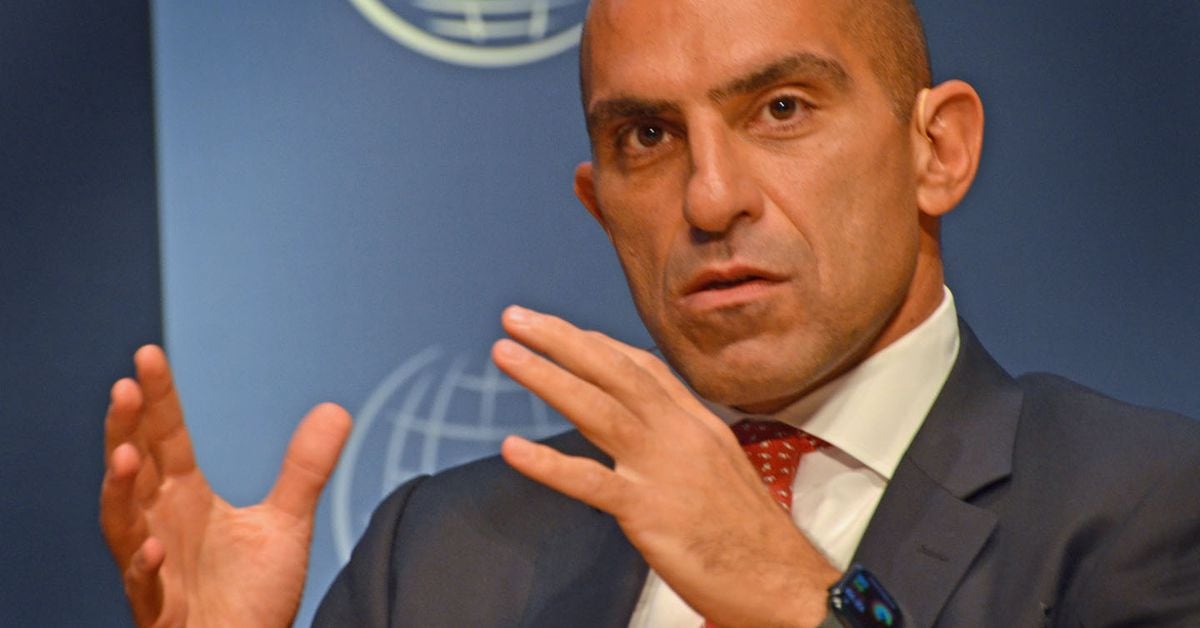Australia’s tax landscape is facing increased scrutiny and confusion as the Australian Taxation Office (ATO) introduces new guidance on capital gains tax (CGT) for decentralized finance (DeFi) transactions. This move has left DeFi users in a state of uncertainty, particularly concerning everyday actions like staking Ethereum on platforms such as Lido or transferring funds through bridges to layer-2 networks.
Australian Taxation Office’s new rule causes uncertainty
The ATO’s guidance, released on November 9, outlines that CGT is applicable when transferring tokens to an address or smart contract without “beneficial ownership” or if the address holds a non-zero balance of the tokens. However, when queried directly about specific actions like staking on Lido or utilizing layer-2 bridges, the ATO failed to provide clear answers, leaving users in the dark about how to comply. The ATO’s examples of DeFi activities incurring CGT events include exchanging one crypto asset for future rights, providing liquidity, wrapping tokens, and loaning assets.
Despite these examples, the guidance lacks clarity on whether liquid staking, such as staking ETH on Lido or sending tokens through layer-2 bridges falls under CGT implications. This lack of specificity has created challenges for DeFi users, who now find themselves unable to comply with the potentially unintended consequences of the new guidance, especially since it hasn’t been tested in court. If a CGT event occurs, a DeFi user who staked ETH at $100 and later transferred or staked it via a bridge when the price reached $1,000 could be required to pay tax on the $900 “profit” without actually selling the ETH or realizing a profit.
Expert insights and calls for clarification of crypto rules
The situation is further complicated by delays in the release of findings from the Board of Taxation, commissioned by the former government to propose appropriate rules for taxing cryptocurrency. Liberal Party Senator Andrew Bragg points out that the ATO, in the absence of legislation, has been allowed to create its own rules. He criticizes the Labor government for causing complexity and uncertainty for Australian crypto users by delaying the release of these findings. Experts in the field have weighed in on the matter, offering insights into the potential implications of the ATO’s guidance.
Danny Talwar, head of tax at Koinly, believes that a transfer via a bridge may result in a CGT event, depending on whether a change in beneficial ownership occurred. He also notes that the ATO views liquid staking as a crypto-to-crypto transaction, thereby making it subject to CGT. Matt Walrath, founder of Crypto Tax Made Easy, raises concerns about the ATO’s understanding of DeFi, calling the new rules “aggressive.” He argues that beneficial ownership isn’t transferred during interactions with staking contracts, and stakers can withdraw funds at any time, maintaining control over the staked tokens.
The ATO’s recent guidance on DeFi transactions has injected uncertainty into the Australian crypto landscape. Users are grappling with the lack of clarity on CGT implications for common activities like staking and transfers through bridges. Calls for more comprehensive and sensible tax laws are gaining traction within the Australian crypto community, highlighting the need for clearer regulations in this rapidly evolving space.





